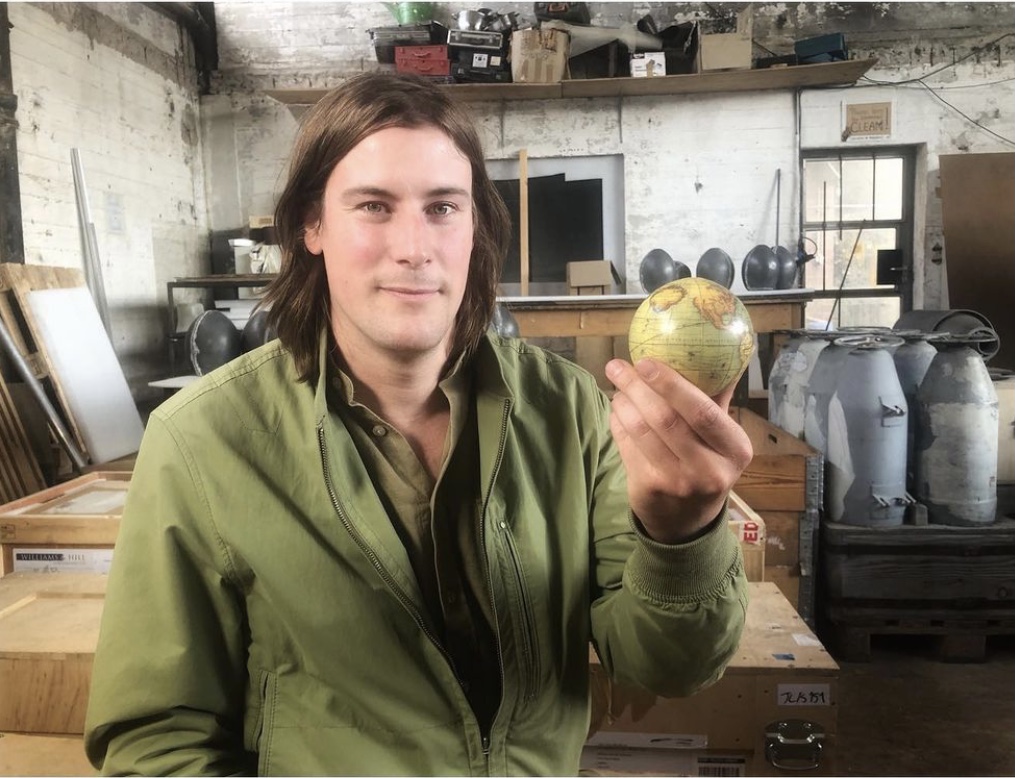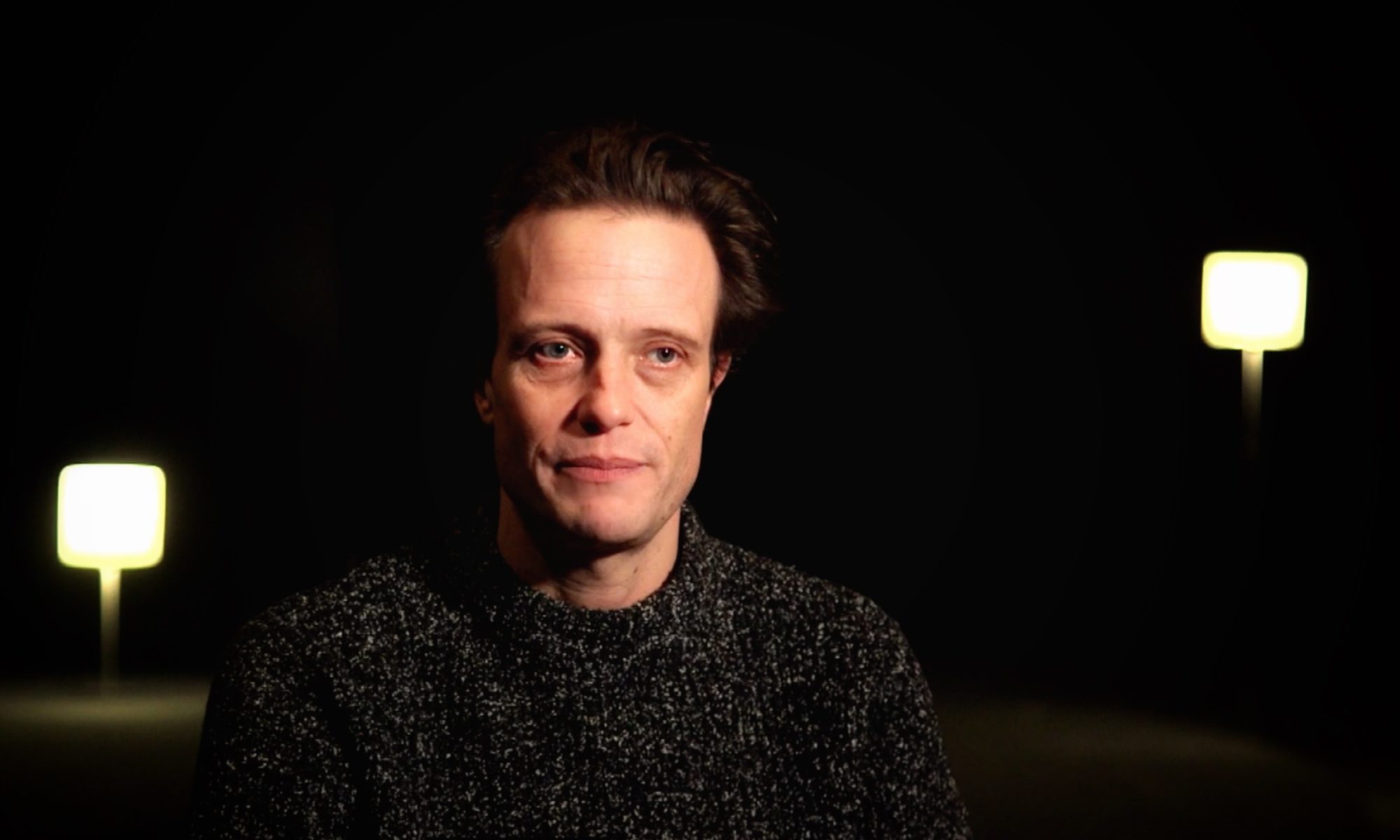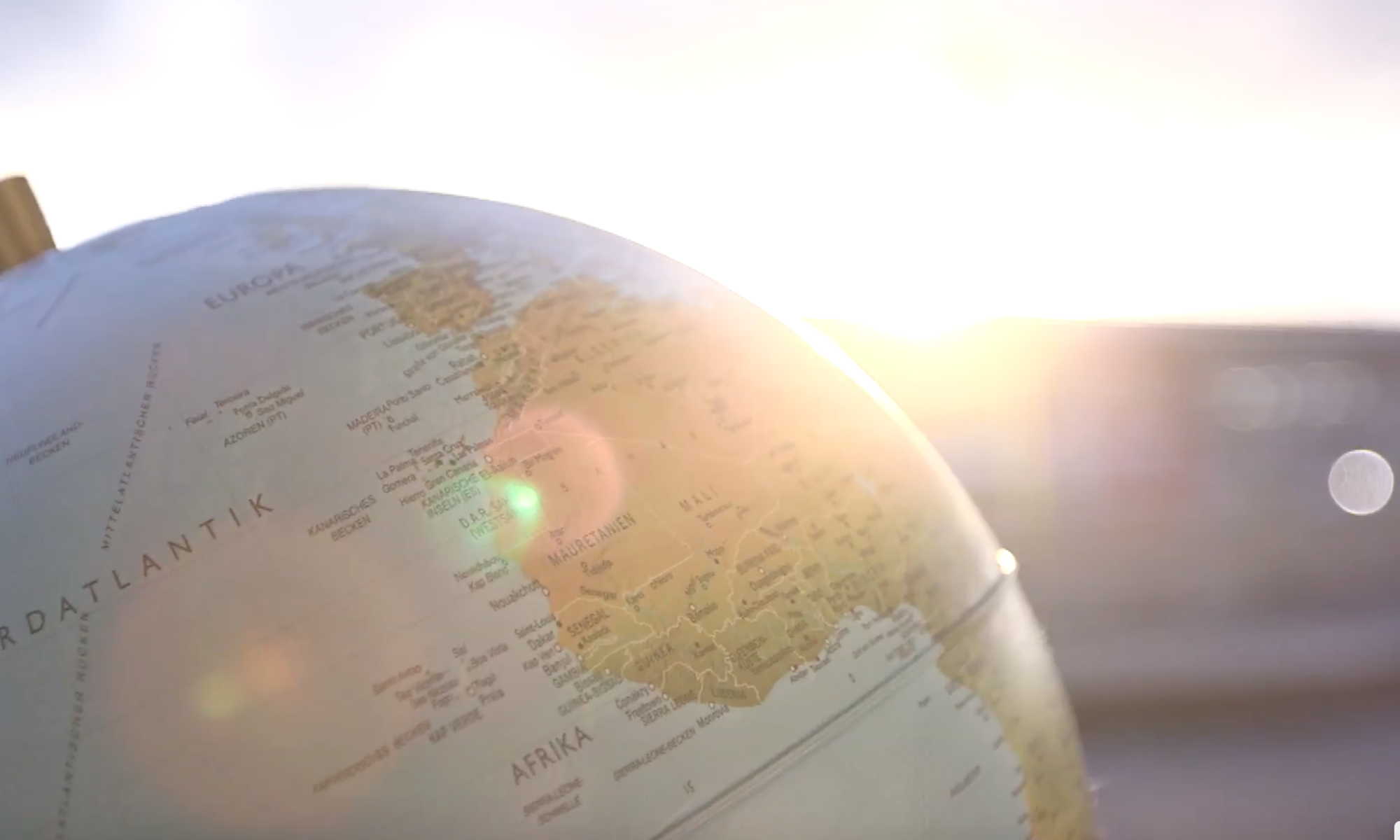In her podcast “Rembrandt, habibi,” which is well worth listening to, journalist Amina Aziz examines the Dutch Baroque painter and his contemporaries from a postcolonial perspective. Together with her, we visit the exhibition “Rembrandt’s Orient” to look at the art of the beloved painter and his contemporaries with irreverence, rather than reverence, for a change. For Rembrandt and his colleagues, artists at the center of a brutally expanding colonial regime, created a strange, fictional image of the Orient with their paintings. How should, how must we deal with it today? A Bottega Berlin production for ZDF aspekte.










